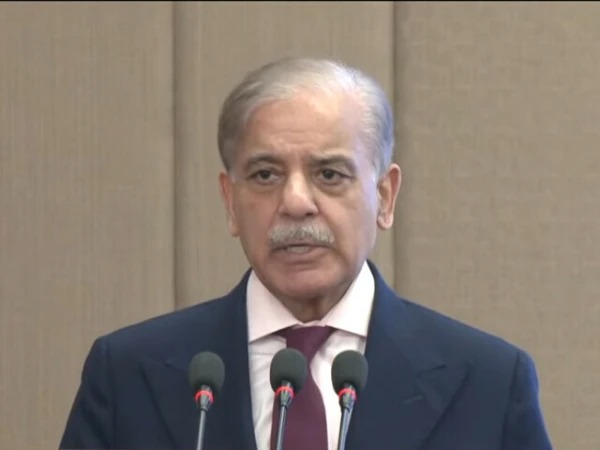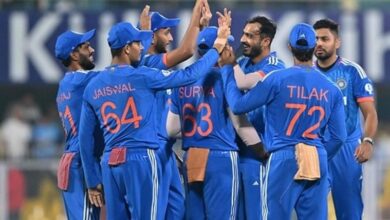Latest NewsPakistan
India’s pride drowned on May 10, Prime Minister Shahbaz Sharif

India’s pride drowned on May 10, Prime Minister Shahbaz Sharif
Prime Minister Shahbaz Sharif has claimed that on May 10, the Pakistani army taught India a lesson that it will remember for the rest of the world.
“In the four-day war that lasted from May 6 to 10, our brave soldiers dealt a heavy blow to the enemy. The Pakistan Air Force shot down six Indian aircraft, including four Rafales,” he said.
“On May 10, India’s pride was completely buried in the dust.” The Prime Minister sent a message to the youth that:
“Work hard, struggle, our hard work will make Pakistan a great state.”
؎






